Your cart is currently empty!
I was a very analytical person. It’s probably why I studied Information Technology after leaving school, ultimately becoming a Systems and Database Analyst.
My mind was always whirring. In my job, this was mostly useful and productive. In the rest of my life, my constant need to analyse and problem solve could be helpful at times, but in many ways was counter productive and, quite frankly, exhausting. Analysing everything and everyone, myself included, every minute of every day, is not the path to a peaceful and contented life.
Thankfully, and somewhat ironically, the very trait that caused me problems also allowed me to see the problem and know it was a problem, and seeing the problem is at least half the battle. And so in my mid-20s I realised that over-analysing everything was bringing me unhappiness, and I resolved to change.
Walking Away
Around the time this realisation came to me, there was a fair bit swirling around in my life. The long-term relationship with my first love came to an end. I was living in a city (because of the relationship) that I really didn’t like. And I found my career in IT not just unfulfilling, but soul destroying.
A 4 month stint working on a project in Hong Kong, where I worked 80+ hour weeks for zero extra benefit, gave me the motivation to walk away from everything in my life and go travelling abroad instead.
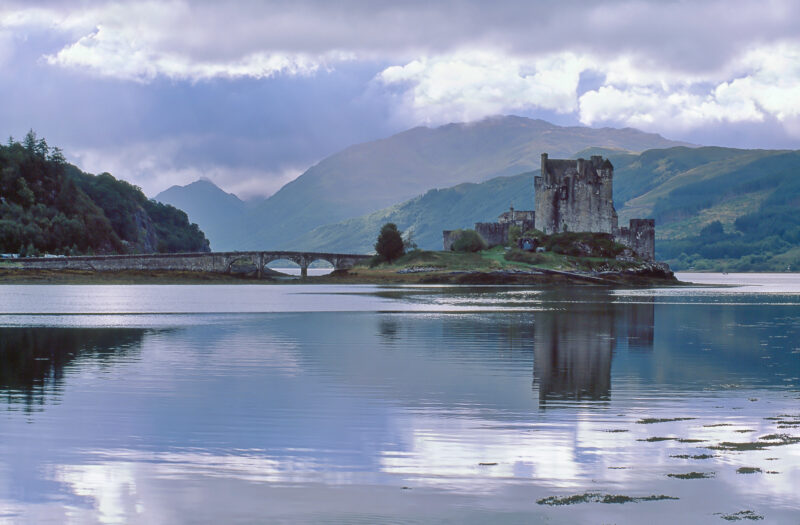
The Love of Landscapes
A few years before all this I’d bought my first SLR camera and taught myself photography. When I began, I had no idea which aspect of photography I’d be drawn to, and while I’d dipped a toe into landscapes whilst on holidays, it wasn’t until my change-of-life trip overseas that my love of landscape photography really flourished.
New Zealand was the first stop on my journey around-the-world, and in my first article I shared a photo from my time there, taken at the beautiful Wharariki Beach, that became a pivotal image for me.
During the following six months, as I travelled to Hawaii, England, Turkey, Belgium, Sweden, Norway, France, Germany, Scotland and Malaysia, photography was my constant companion. This period of travel absolutely cemented landscape photography as my one true photographic love.
Presence
Something very interesting happened when I was out taking landscape photos: those whirring thoughts would not just slow down, they would completely disappear. Instead of analysing the past, or worrying about the future, when I was taking landscapes I was right there in the here and now. I was completely present.
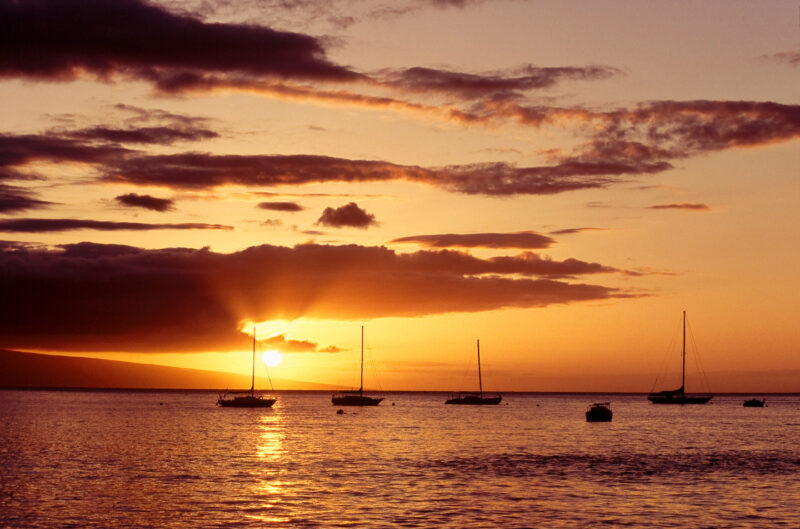
A New Friend
When I returned to Australia after my time overseas I came back to my childhood home of the Gold Coast – a place I hadn’t lived for 7 years. By this time all my friends from high school and university had moved away, so I was in need of new friendships.
A friend of a friend had recently moved to the Coast too, so soon after I arrived home we met up for a drink, and as luck would have it we instantly clicked, and a wonderful new friendship was formed.
Greg was one of those people who was quiet and introverted in a group, but get him alone and he could talk as much as anyone, and was hilarious to boot. I often found myself calling him an idiot in an affectionate way, as he was regularly saying ridiculous things for a laugh, never caring how silly it might make him look.
Over the next year, most weekends would find Greg and I together, going to see bands, catching a movie, or just having a home cooked dinner and watching a DVD at my place. I’d been teaching myself guitar (slowly and badly) over the previous couple of years, and sometimes Greg would pick up my guitar while I was cooking and play me a song, and we’d both sing along. Red Hot Chili Peppers ‘Under The Bridge’ was often his go-to.
Greg very quickly became the best friend I’d been wishing for. He’d be the first person I’d call with news, and speaking to him always brought a smile to my face.
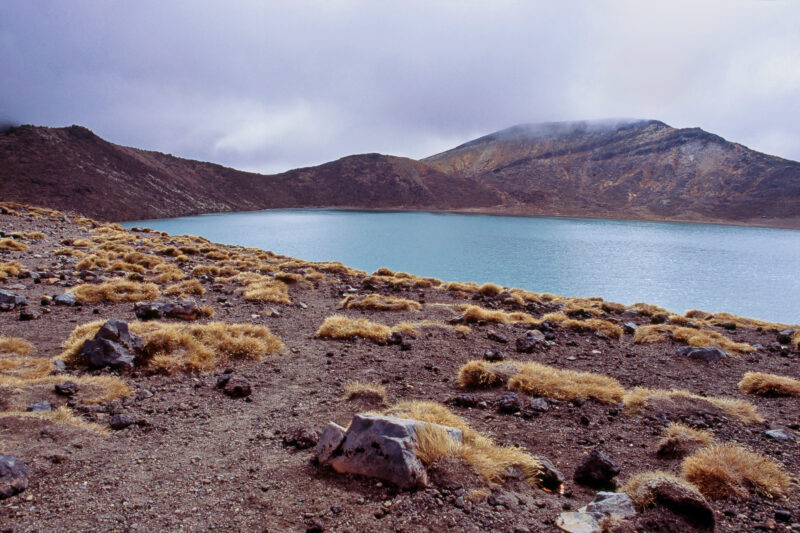
The Twists of Life
As they say though, all good things must come to an end, and one day Greg got very angry with me and stopped talking to me. It was a very unhappy situation, where I understood Greg’s position, yet at the same time believed I hadn’t done anything to deserve how I was being treated. For weeks I tried to patch things up with him, only to be met with either curt replies or silence, so eventually I gave up.
As time passed my hurt grew, and with it so too did my anger. So when the day finally came that I received an email from Greg apologising for his behaviour and wanting to patch up our friendship, I wasn’t quite ready to forgive him just yet. It was Christmas time and I was very busy, so it was easy to put off replying to him for another day.
Early in the new year I finally replied to his email with a lecture, which he graciously accepted, and replied simply, “I’ve missed you.”
I’d missed him too, but found it hard to say. The rejection I’d felt at my spurned attempts to reconcile weighed on my tender ego, so while I really wanted to see Greg again I left the invitation to catch up in his hands. My Birthday came and I thought to invite him over, but didn’t. Australia Day came and thought about trying to catch up, but didn’t.
The weeks passed, and eventually in early March my favourite band announced they were touring. The excitement of getting to see them with Greg for the first time finally over-came my egoic reluctance (self-righteousness? fear?) to be the first to organise to meet. I emailed Greg telling him all about it, and fully expected it to be the real start of our friendship again.
But the next day there was no reply.
The day after that there was only silence. And I wondered at it.
Then the next morning I received a phone call and had my answer, but not one I ever wished to hear.
Greg was dead.
A Lesson in Pain
Greg died with next to no warning from a rapidly growing brain tumour he didn’t even know he had.
Suffice to say, I was shattered. Heartbroken. Bereft.
The grief was like nothing I’d experienced before. But it was the regret that threatened to sink me.
Regret that I’d not forgiven Greg sooner.
Regret that I hadn’t invited him to catch up sooner.
Regret that I’d not seen him, laughed with him, had a beer with him, smiled at him, one last time.
But life has a funny way of providing you with the very thing you need in the hardest moments, if only you look. And the very thing I needed to stop me drowning in self pity were Greg’s very own words. Words he sent me in the email where he asked me to forgive him:
Life is too short to wallow in self pity…
How could those words not hit home, given the circumstances?
They didn’t magically make the grief go away….I don’t know that they did anything to lessen the grief at all, actually. But what they did do was make me vow to find every good thing I could in Greg’s life and in his death, and be grateful. And that, that made all the difference.
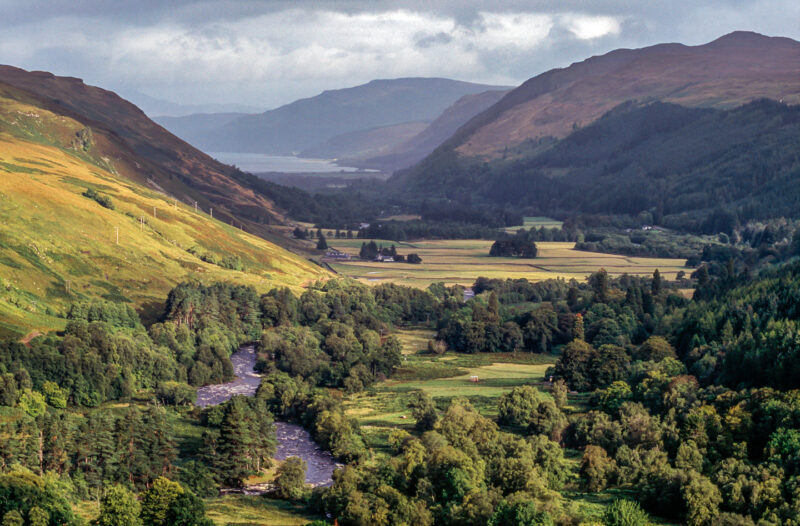
The Dance of Creativity
Writing can be a curious thing. You don’t always know what will to come out. You don’t always know the full meaning of what you write until you go back and ponder it. Sometimes you continue to find new meaning long after it was written. And often, often you find the words you write are exactly what you most need to hear.
All of these are true for my poem Love This Moment.
It was about 18 months after Greg died, and I’d been musing a lot about the importance of being present in the here and now – something which I had realised and experienced thanks to landscape photography, and whose import seemed all the greater since Greg’s final lesson.
I tried to write a poem one day about it called The Photographer. I set my intellectual mind to work and included what I thought were all the most important concepts.
It sucked.
As with my landscape photography, I’ve found the only way I can write a decent poem is to let go of my thinking mind and just let it flow. It’s no guarantee that what comes out is ok, but it’s the only way for me. Once the idea is out I can switch the intellectual mind back on to help tidy things up, but if it gets involved in the initial writing stage the poem will be terrible.
The Poem
A couple of weeks after my first attempt, I felt inspired to try again, but this time I stopped trying to control what came out. Over several hours I wrote one line at a time, one stanza at a time, having no idea where the poem would go, or even how long it would be.
I am more inclined to write free verse rather than rhyming poetry, and my poems tend to be on the short side, but what came out that day was unlike anything I have written before.
I spent some time the next day cleaning it up (which mostly means getting the rhythm and cadence of the poem right) and when I finished, there was Love This Moment. The final poem handed me both the title and the concept, which now seems to me to be about the simplest method to follow for living a peaceful and fulfilling life.
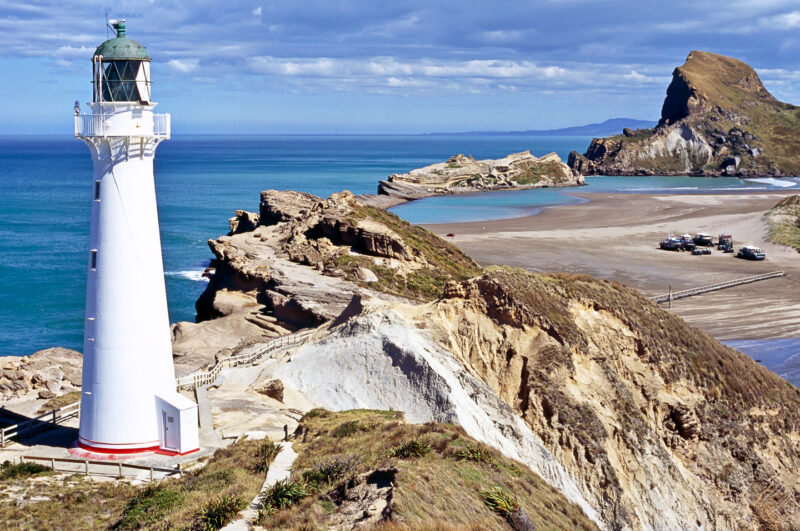
To Love This Moment
I think it’s important to clarify that to me, loving this moment is not the same as enjoying this moment.
More and more we seem to be living in a world hell bent on obliterating all negativity – trying to convince everyone they should always be happy and should never experience any unpleasant feelings.
This is insane.
As a wise man once wrote:
Can’t have the highs without the lows.
(that wise man was my partner, Danny, in a song he wrote some time ago)
Trying to eliminate all negativity is a recipe for disaster, for many reasons.
Firstly, life happens.
We only have control of a small part of our lives – the rest is largely out of our control. Things are going to happen that we don’t want to happen. We’re going to feel things that we don’t want to feel. To be in denial of that is to create suffering from our pain, and the need to have everyone act in a way pleasing to you in order to be happy is sure to be met with almost endless disappointment.
The toxic cancel culture that exists right now is what happens when the desire to eliminate all unpleasantness becomes pathological. There are whole swathes of people who preach inclusivity and diversity, yet they need everyone to do and say exactly what they do and say in order for their life to work.
This is never going to happen. Never.
Humanity is diverse. It’s actually our greatest strength, and has much to do with the incredible progress we’ve made compared to all other species on this planet. Therefore any attempt to get all of humanity to agree and follow one ideology is not only doomed to failure, but it opens the door to unspeakable horrors.
Many, most, maybe even all, of the atrocities that some humans have inflicted upon other humans come from people believing completely in their righteousness, and that all others must be like them. Their certainty in their ideology is what allows them to justify any and all behaviour.
It is well to remember that the worst tyrants of history believed absolutely that they were doing the right thing.
Secondly, we need the “negative”.
As the saying goes, what doesn’t kill you makes you stronger. It’s by facing, and dealing with, adversity, that we are able to build character and resilience.
We need to actually face, and embrace, the challenges in life, in order to become well rounded humans, and to live happier lives.
Part of this is because we struggle to appreciate what we’ve always had. If things are always easy, always comfortable, we tend to not really appreciate what we have. It is often only when the “bad shit” happens, and we actually deal with it, rather than trying to run away from it, that we learn to appreciate all the myriad blessings in our life.
I often think that life is like a photograph – you don’t see many great ones that contain only highlights.
Acceptance
So yes, loving this moment is not necessarily about enjoying this moment. You might enjoy it. But you also might not.
Rather, it’s about embracing this moment, however it comes to you.
It’s about accepting that what is, is what is, however it is. Arguing with life creates suffering – in ourselves and in others – and often robs us not only of our inner peace, but also of our ability to act powerfully.
And, importantly, it’s about being love, in this moment. Do that, and we can’t go wrong.
Love and do what you will.
~ Saint Augustine
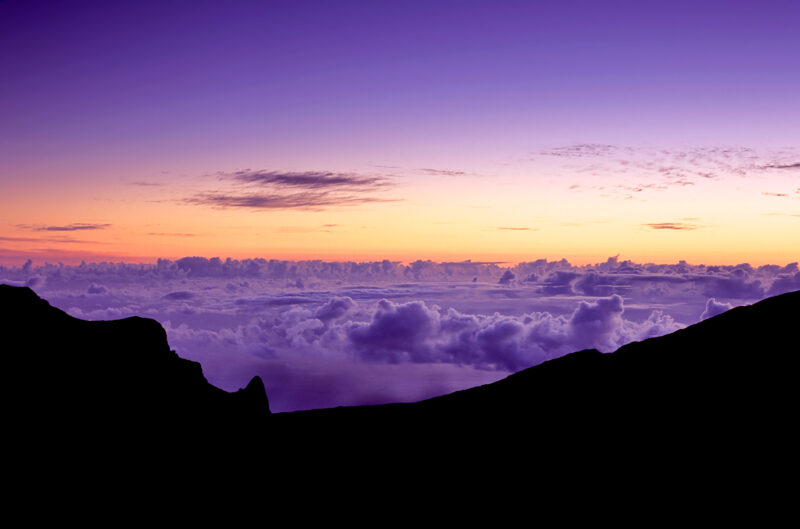
Loving This Moment in Practice
I don’t know about you, but while I think the concept of Love This Moment is a fairly simple one, and while I believe it’s also a really important one, I don’t necessarily think it’s always easy to follow.
When life is tough, and things go wrong, and your heart is hurting, it can be really difficult to love this moment.
Really, really difficult.
But I think that’s actually when we most need to love this moment. When it is actually the most beneficial to love this moment.
For me, I find that reading the poem out aloud to myself can help me to stop fighting against what is and let go, which often brings a great sense of relief, and an easing of my suffering.
The Book
Not long after writing Love This Moment, I decided I wanted to create something a bit more concrete, so I made a little gift book with the poem, along with a landscape photo of mine to go with each verse.
All the photos in this article are from the book. Many of them are from that change-of-life trip overseas, when landscape photography became so important to me.
Whether it’s through reading the book or the poem, or through some other means, more than anything I truly hope you love every moment!
Share:
Did you enjoy this post?
You can receive all my latest content by subscribing below.
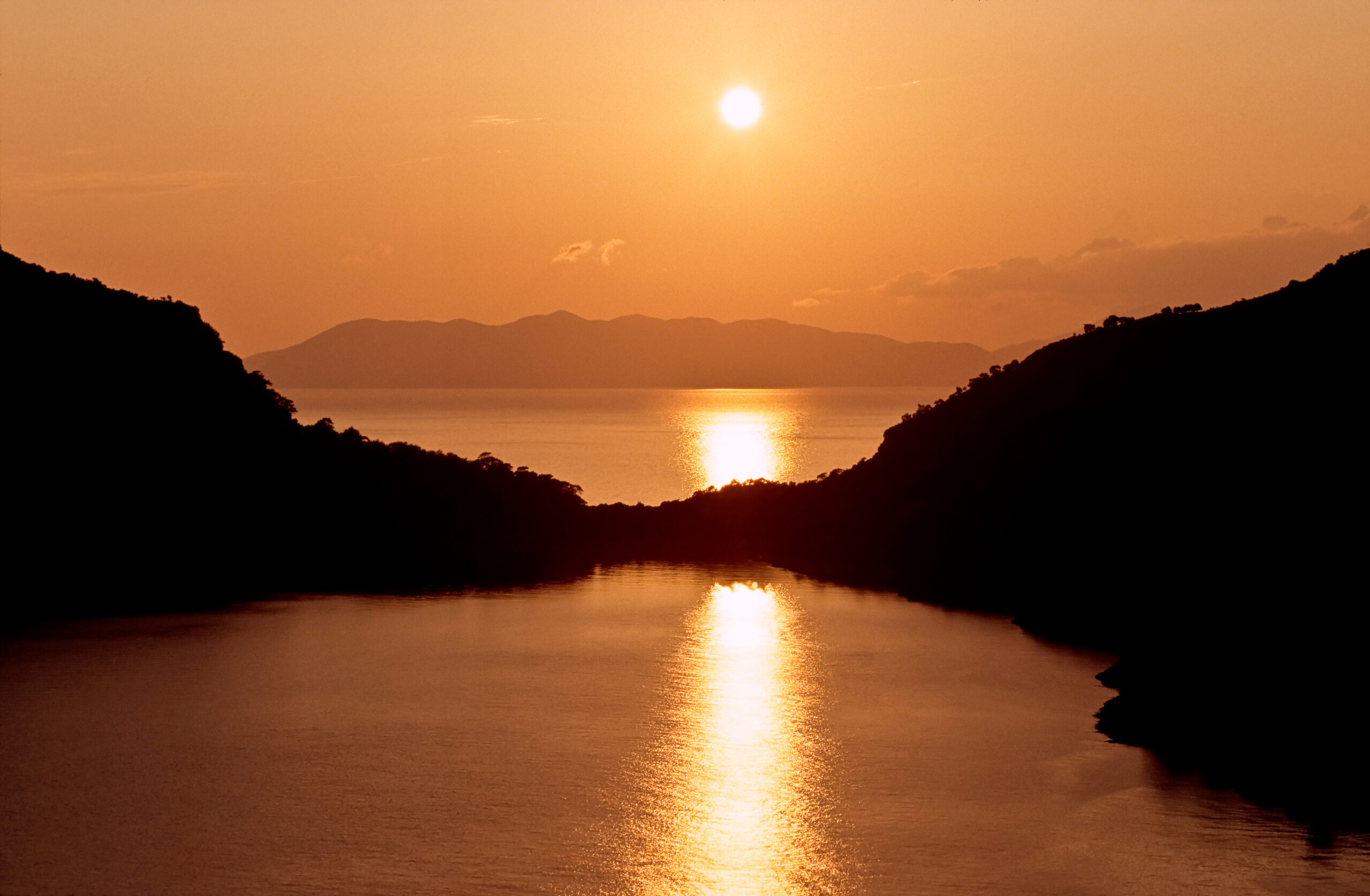
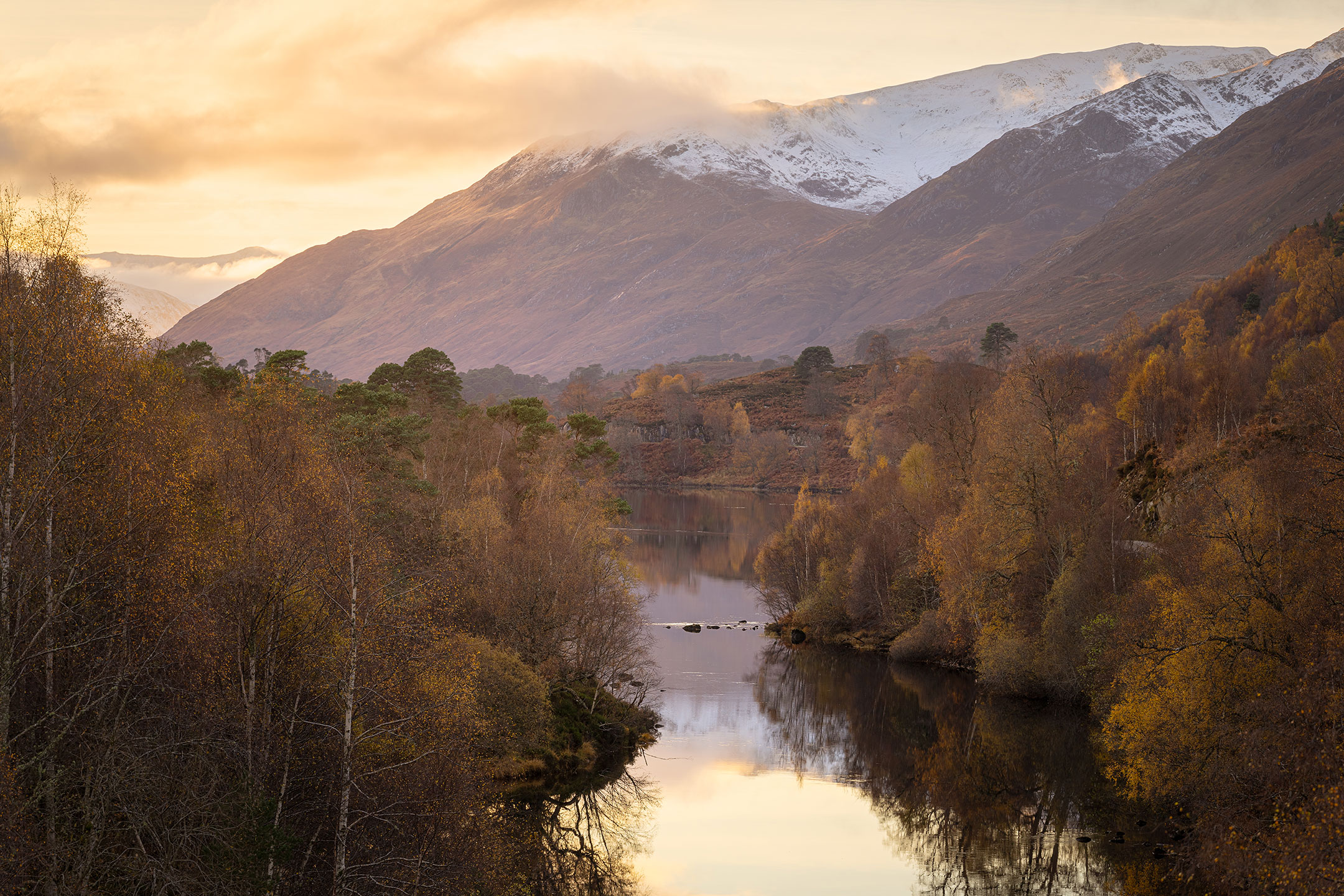
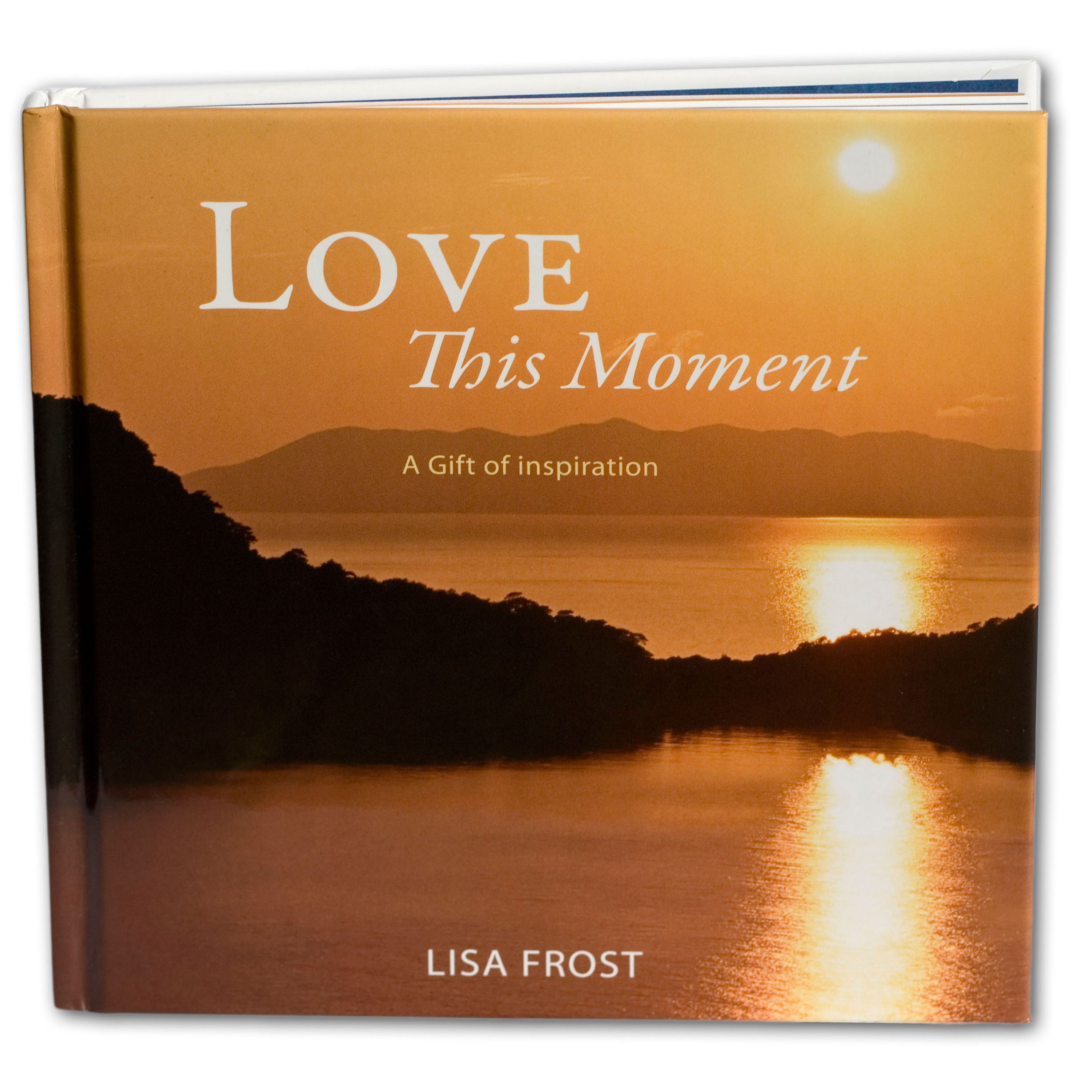
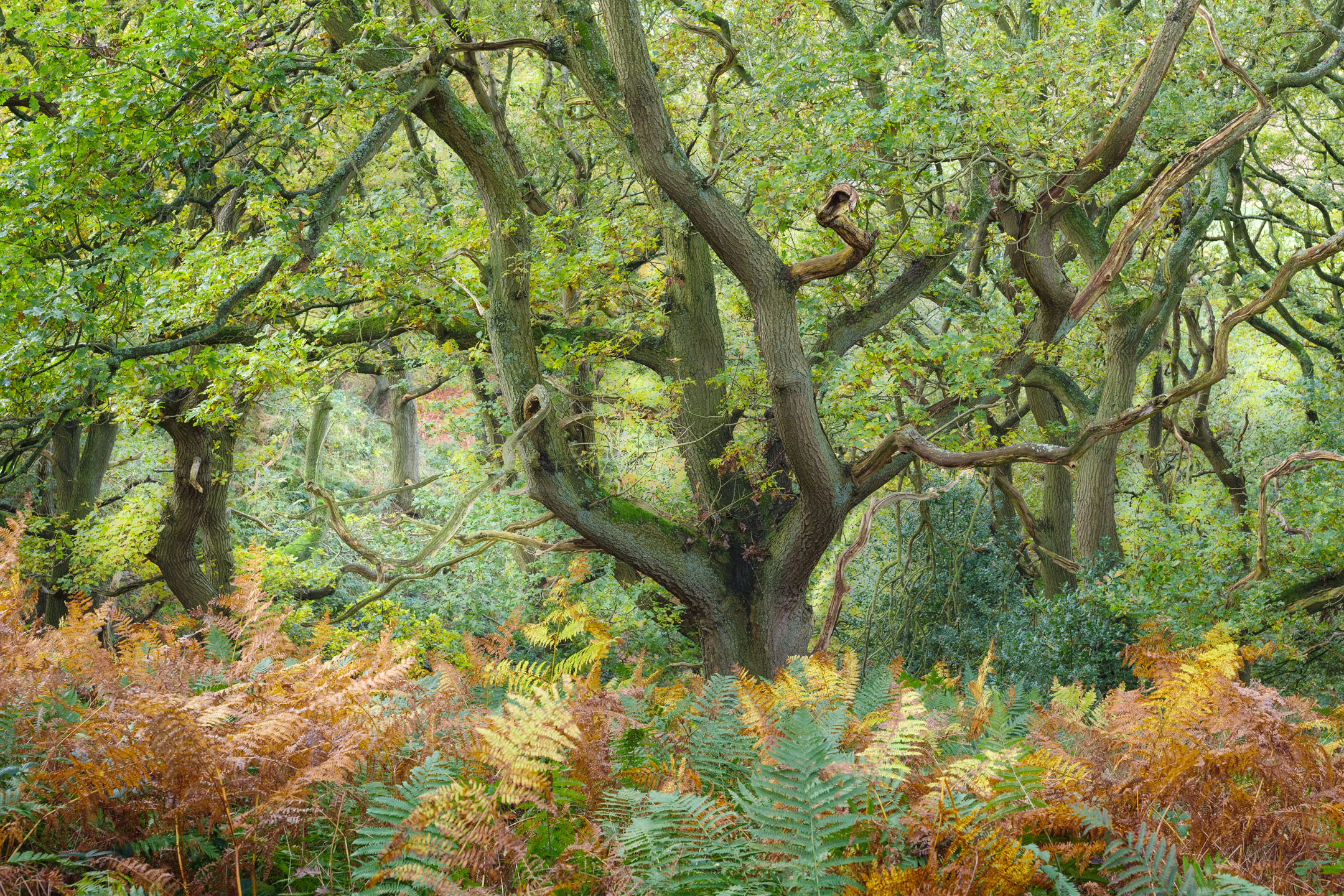
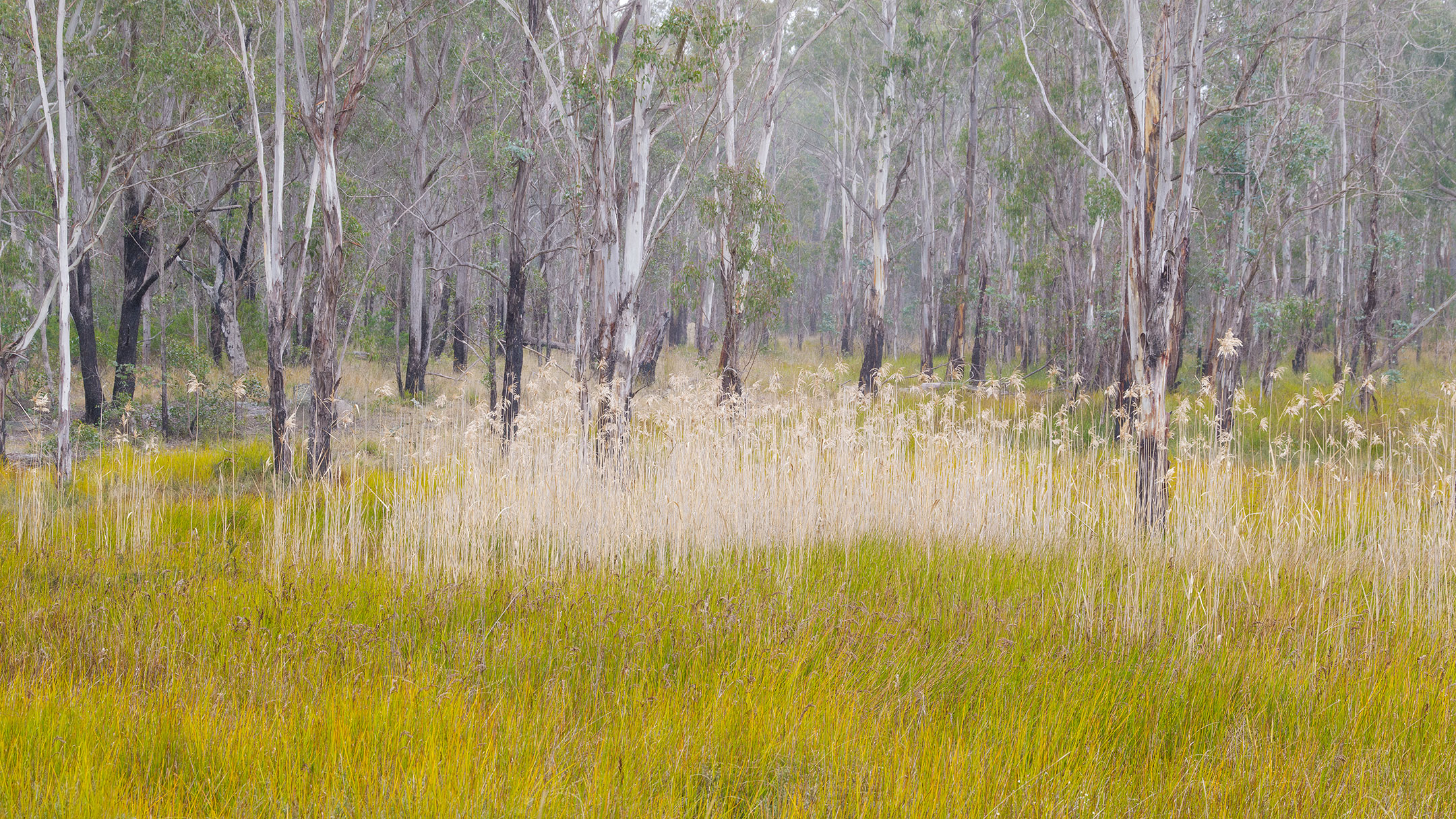
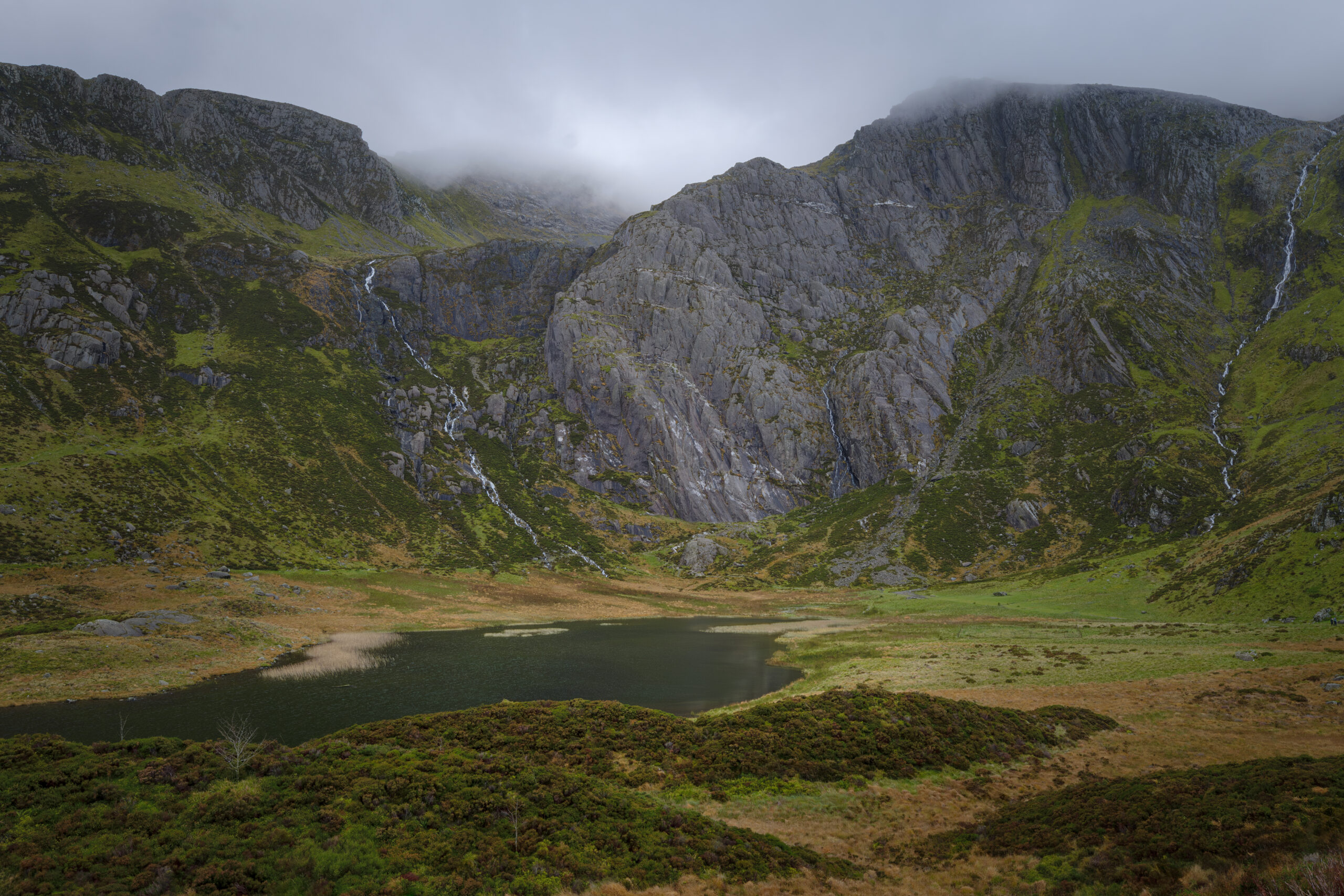
Leave a Reply